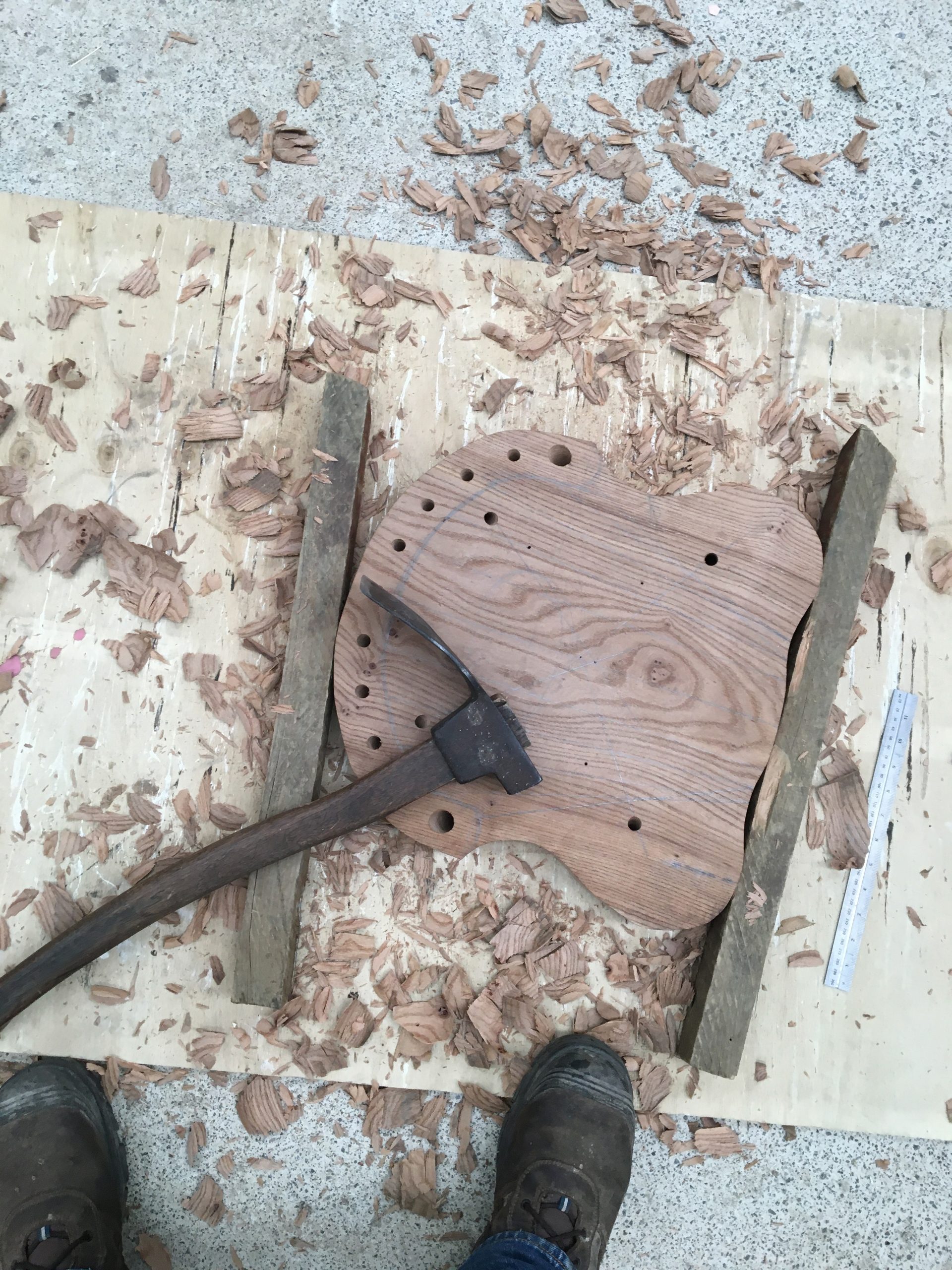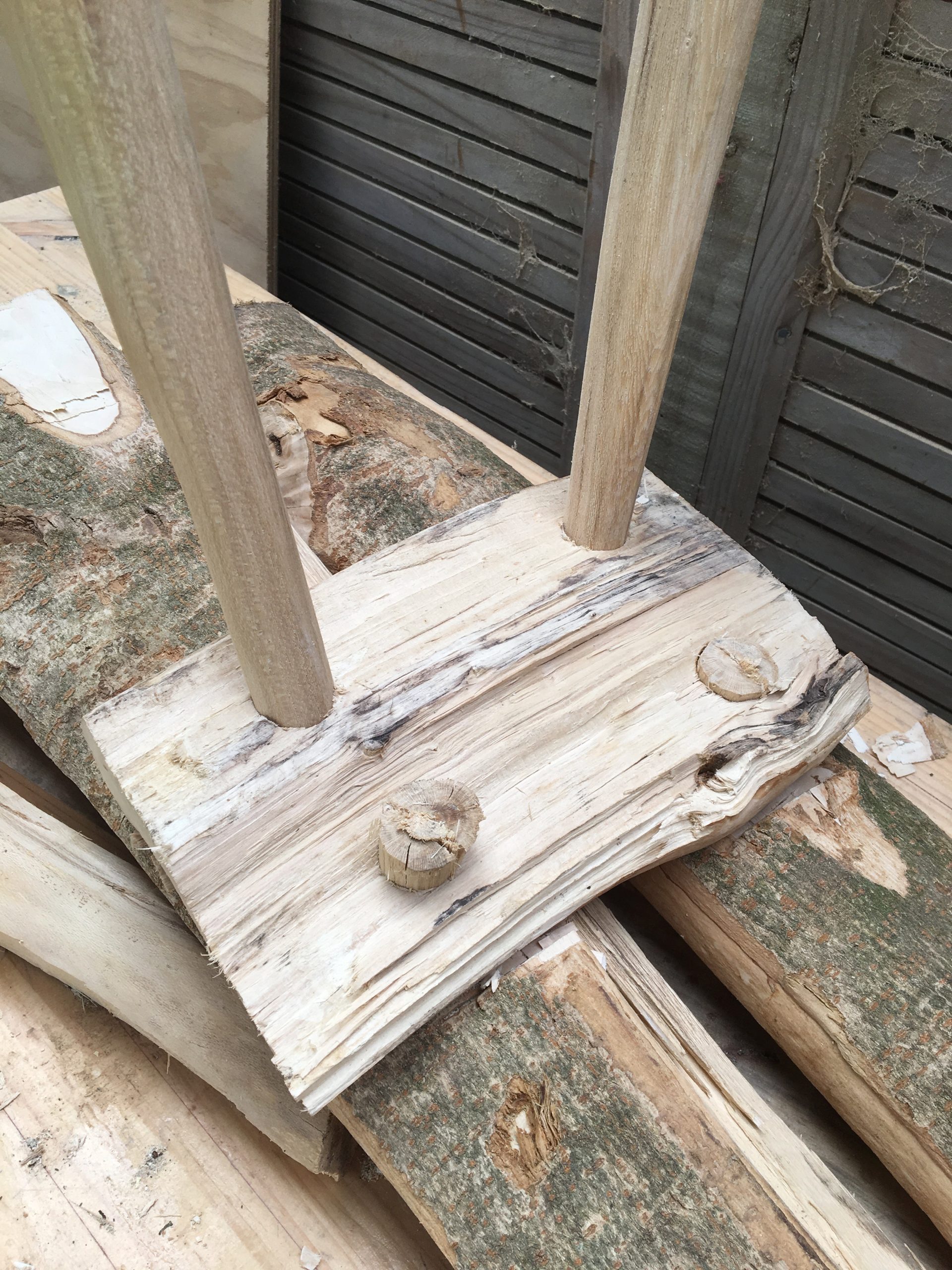Okay, so I asked Bard, the Google AI/large language model, to summarise my blog posts, and also reference my LinkedIn profile.
I am suitably amused by the result, and it made a couple of errors, one understandable given the web-site context, one slightly less obvious. The first is my that the summary stated that I had taught at universities in New Zealand and Australia, and I haven’t actually taught in Oz. Given that my online CV certainly mentions talks given in Australia, this isn’t entirely without some foundation.. The less obvious error is that I am currently a senior Adviser at Whitireia and WelTec, but I haven’t worked there for a while, and the two pages pretty clearly state that. So it’s not getting the context’s for those right at all.
The amusing bits are the almost trite bits, like “thoughtful and engaging,” a description I would never use of myself, but I am suitably flattered thanks Bard, and “a valuable contribution to the discussion of craft,” again, thanks Bard.
But most of the thanks and our thoughts should go to all those who have trained the underlying databases used for Bard and similar systems over the years while being poorly paid for it by sub-contractors of sub-contractors to large corporations. I briefly flirted with one of these types of jobs, mostly as a “thing to do” while recovering from my depression. These jobs are regularly advertised on Linked In and elsewhere as “work from home” “remote” jobs for New Zealanders. The agencies doing the hiring seem to come and go, but the pitch is broadly similar. Be an analyst, help correct data, work a minimum of 10 hours, max of 20, and earn a good rate per task.
The job was evaluating photos of addresses and business locations based on images and street views. I was paid by the quantity of “tasks” done. I did the numbers, and even at a rate of evaluating they claimed was achievable and usual to skilled evaluators, the pay rate was still substantially under the NZ minimum wage. Is it legal to advertise such a job in NZ then? Must find out. Anyway, I gave it a go purely to see what it was like, and given that I was learning, and the rules weren’t always clear, the boredom pretty quickly overwhelmed any amusement value of the tasks. There was some amusement value, in discovering that the US really is covered in strip malls with parking lots filled with ridiculously large pickups, but it gamified to the point of addiction it wasn’t. Moreover, the compliance costs in terms of time doing set up, filling in forms etc, i.e., the hidden labour component of these things, made it a complete waste of time. Don’t do it. I am not even sure if it’s worthwhile if I was in a poorer economy. Maybe? I made bugger all out of it, and it’s not clear that I was much use to the agency concerned, given their compliance costs.
Note, I have tried repeating the Bard experiment recently, and for some reason I can’t get the prompts to work correctly, and it’s not summarising properly. SO, I would recommend if you want to engage in similar experiments, that you note your prompts down. Anyway, herrrresss Bard….
Ben Jeffares is a researcher, writer, and teacher who is interested in the intersection of craft, cognitive science, and philosophy. He has a PhD in Philosophy from the Australian National University, and has taught at universities in New Zealand and Australia. He is currently a Senior Adviser at Whitireia and WelTec, where he works on research and innovation.
Jeffares’s website, benjeffares.net, is a collection of his writings on these topics. He writes about his own experiences of making things, of various crafts, of designing, and his experiences of various technologies. He also writes about the relationships between making, designing, thinking, and stuff.
In his writing, Jeffares argues that craft is a valuable activity that can help us to understand ourselves and the world around us. He writes that craft can help us to develop our creativity, our problem-solving skills, and our manual dexterity. He also writes that craft can help us to connect with our physical environment and to appreciate the beauty of the natural world.
Jeffares’s writing is thoughtful and engaging, and it offers a unique perspective on the value of craft. His website is a valuable resource for anyone who is interested in learning more about the intersection of craft, cognitive science, and philosophy.
Here are some specific examples of Jeffares’s writing:
- In a post on his website, Jeffares writes about his experience of making a Windsor chair. He describes the process of splitting and reeving timber lengths from Tasmanian Blackwood logs, and he discusses the challenges and rewards of working with greenwood.
- In another post, Jeffares writes about the cognitive benefits of craft. He argues that craft can help us to develop our creativity, our problem-solving skills, and our manual dexterity. He also writes that craft can help us to connect with our physical environment and to appreciate the beauty of the natural world.
- In a third post, Jeffares writes about the philosophy of craft. He argues that craft is a valuable activity that can help us to understand ourselves and the world around us. He also writes that craft can help us to develop our sense of self-worth and to build a sense of community.
Jeffares’s writing is a valuable contribution to the discussion of craft. His website is a must-read for anyone who is interested in learning more about the intersection of craft, cognitive science, and philosophy.



0 Comments